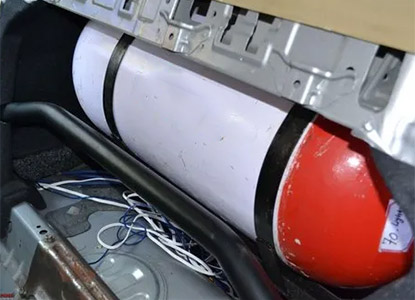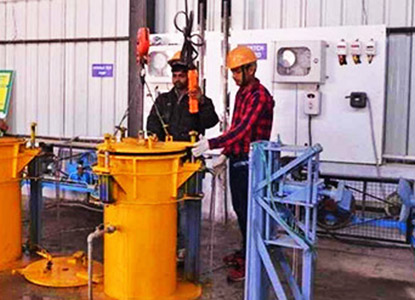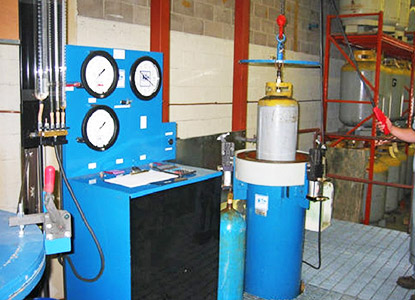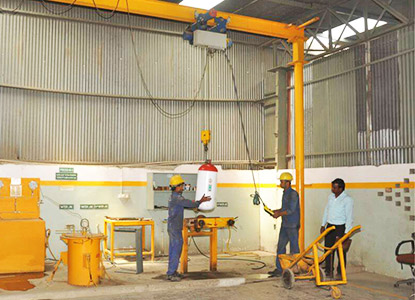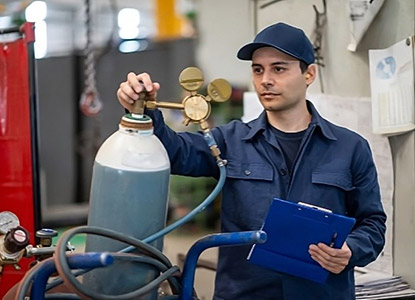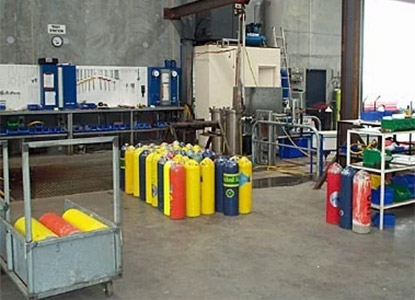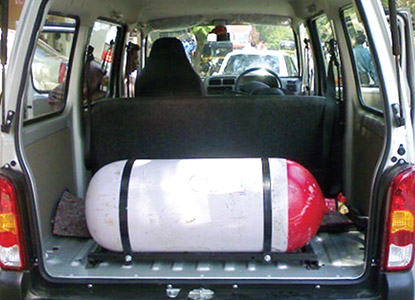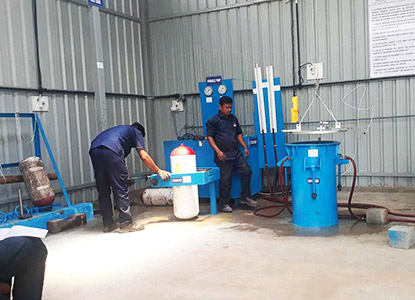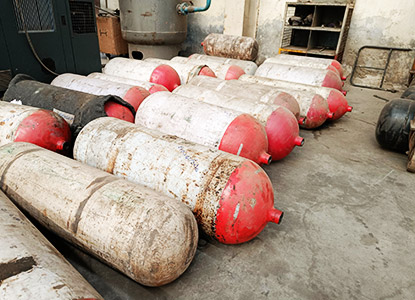
Common Causes of Cylinder Failure often arise from a combination of manufacturing defects, environmental exposure, and insufficient maintenance. Structural flaws originating during fabrication, such as poor welding or inferior materials, can weaken the cylinder from the start. Over time, exposure to moisture and corrosive elements accelerates rust formation, which compromises the strength of the cylinder walls and increases the risk of leaks or ruptures. These cylinder corrosion causes are among the primary factors that lead to deterioration. Even minor physical damage like scratches, dents, or abrasions caused by impacts or mishandling can create stress points, making cylinders vulnerable under pressure. Such cylinder stress and failure factors greatly increase the chances of malfunction. Preventing these issues requires regular inspections by certified professionals who can detect early cylinder failure symptoms or surface damage before problems escalate. Maintaining protective coatings and ensuring proper storage conditions also help reduce corrosion risks. Periodic hydrostatic testing and pressure checks can uncover hidden structural weaknesses. Proactively scheduling these maintenance routines greatly reduces the chances of catastrophic failures and ensures that cylinders remain safe and reliable over time.
Common Causes of Cylinder Failure also include mechanical faults such as valve malfunctions and the use of substandard or incompatible components during installation or repairs. Faulty valves can cause gas leaks or dangerous pressure build-ups, leading to serious cylinder leakage reasons and safety hazards. Additionally, the use of low-quality fittings or improper installation techniques compromises the sealing and pressure endurance of the cylinder system. Another critical factor is neglecting timely retesting and routine safety checks, which can allow minor cracks or faults to grow undetected. These are some of the major reasons for cylinder failure that can be avoided with proper care. Preventing these failures involves using only certified parts and ensuring installation and repairs are done by trained professionals. Comprehensive inspections not only identify visible damage but also detect underlying issues caused by improper handling or previous poor workmanship. By adhering to recommended maintenance schedules, investing in quality components, and partnering with experienced testing services, vehicle owners can significantly reduce cylinder failure risks and promote safe, long-lasting operation of their CNG systems.

